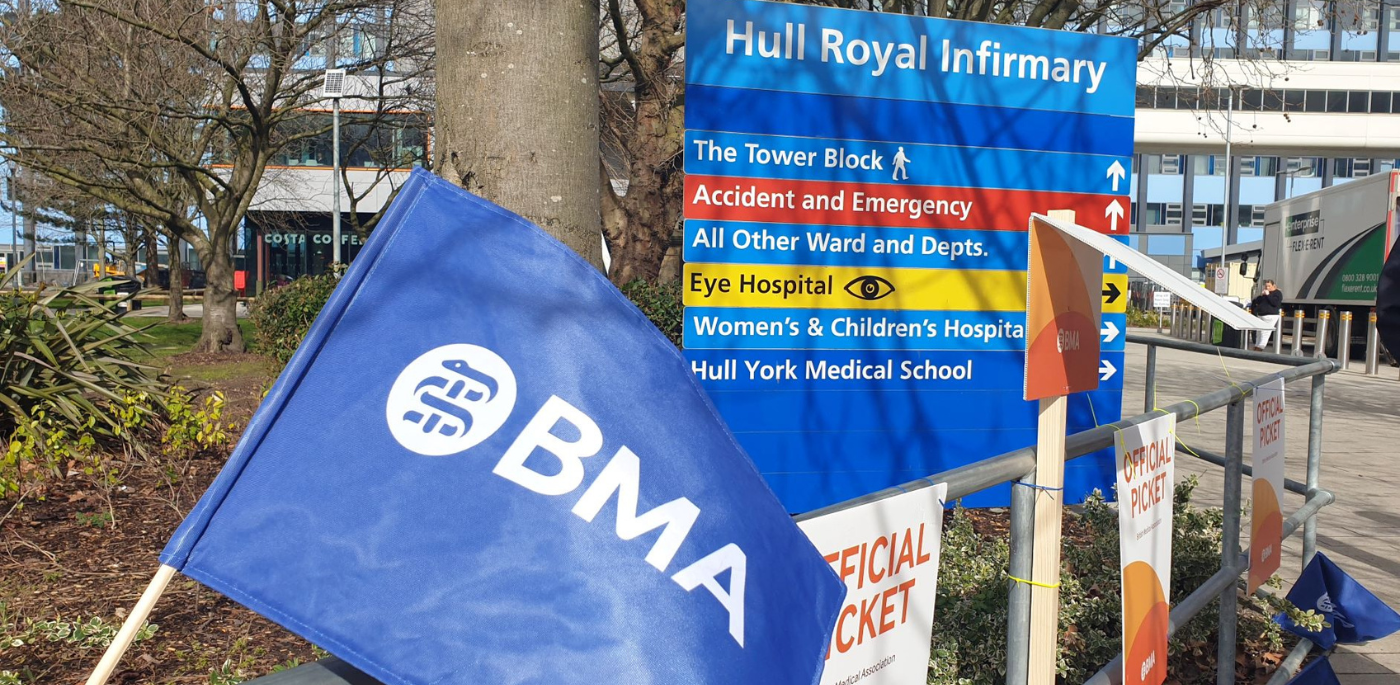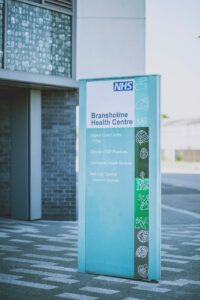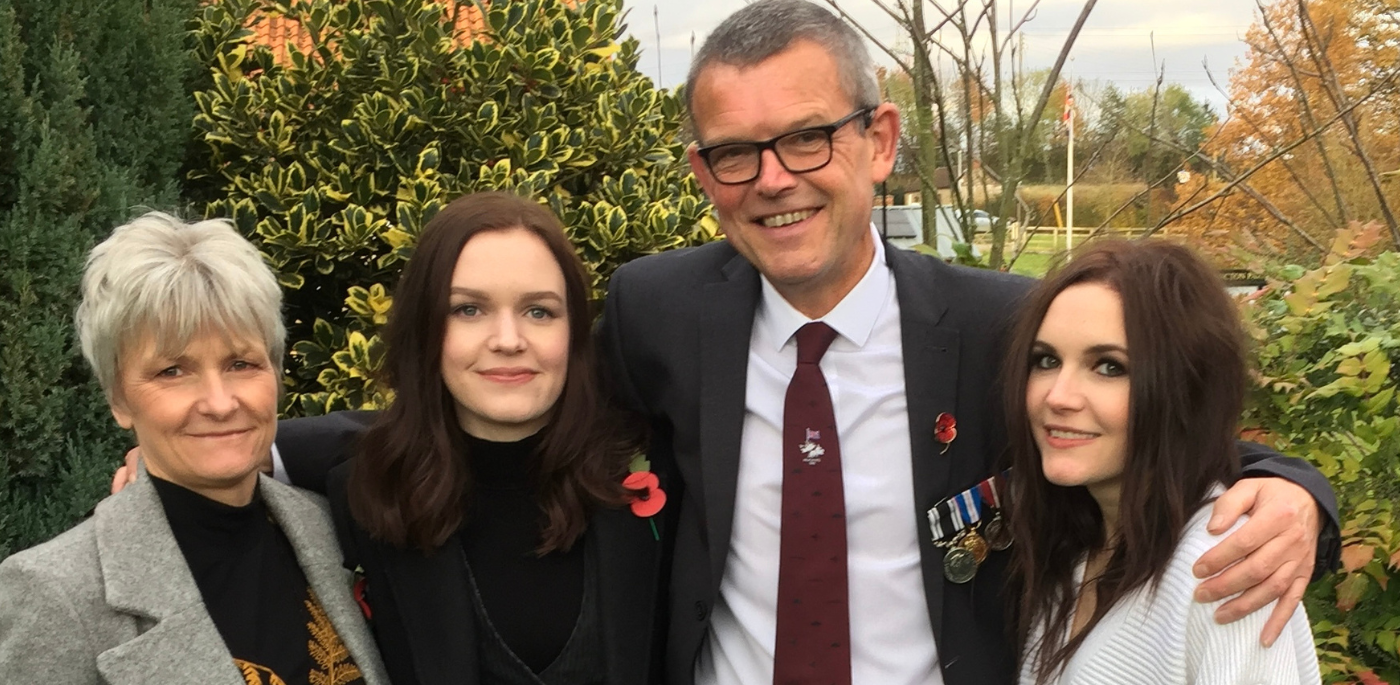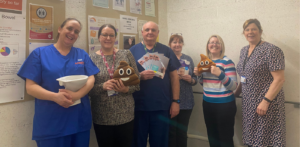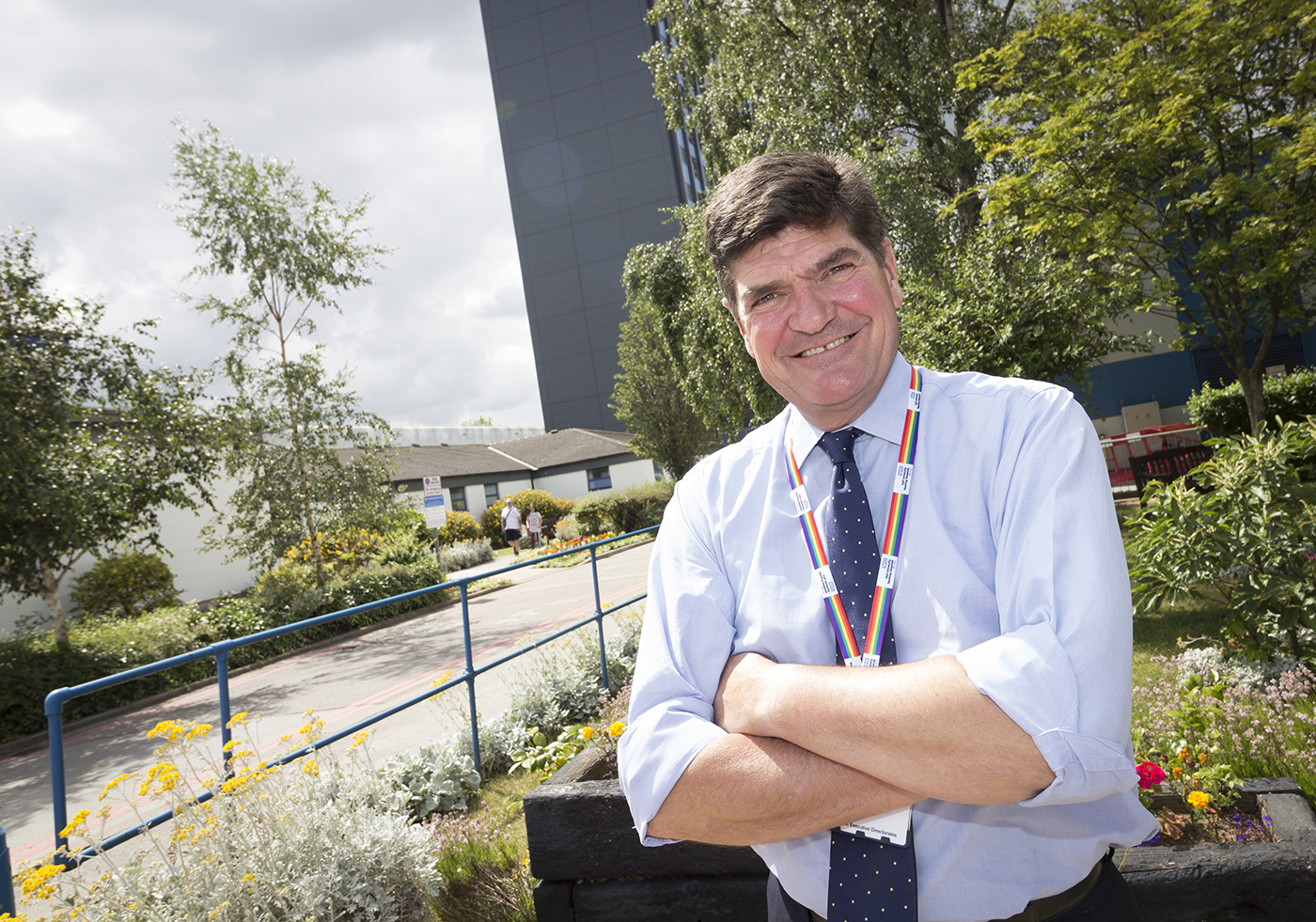Losing a loved one is a profoundly personal experience that can significantly impact an individual’s mental, emotional, and physical well-being. Returning to work can be a daunting prospect for employees coping with losing a loved one.
The workplace, however, can provide a supportive environment where employees can find a sense of normalcy following bereavement. The workplace, however, can provide a supportive environment where employees can find a sense of normalcy following a bereavement.
That is why we are excited to invite you to “At a Loss for Words,” a professional development event that focuses on equipping employers with the tips and tools they need to support employees experiencing grief in the workplace.
Organised by the Hull University Teaching Hospitals NHS Trust, “At a Loss for Words” will equip employers with practical tips and advice on communicating with grieving employees, navigating difficult conversations, and promoting a supportive work environment.
Alex Wray, Matron, Clinical Support Health Group said, “Unfortunately, most people will experience bereavement and loss at some time. Often when someone is bereaved, the people around them do not know what to say or how they can support them. They worry about making it worse.
“Supporting employees who are bereaved is a key part of staff wellbeing and should be a priority. Our event will provide confidence and tools to empower employers to support their bereaved employees,” she added.
One of the organisers and speakers for this year’s event is Janis Hostad, a lecturer and staff development matron at the Queen’s Centre in Cottingham. She will be joined by John Creasey, Bereavement Consultant; Lucy Vere, Head of Organisational Development, and Lizzie Jordan, an award winning social entrepreneur who has experienced bereavement, will offer a personal perspective on the challenges of working life following the loss of a loved one.
This special event will take place at the MKM Stadium on June 23, 2023, from 7:30 in the morning to 1 p.m. It will provide insights and strategies for effectively supporting employees dealing with loss and creating a culture of empathy, understanding, and support.
This is a unique opportunity for employers to demonstrate a commitment to employee well-being, foster a culture of care and compassion, and provide practical support for team members during difficult times. The event is aimed at managers but would help all staff who want to better support their bereaved colleagues.
Participants in previous sessions have praised organisers with one saying “Very informative, workshops were really useful, given me good ideas to take back to the workplace.”
Another said “I have learnt so much more than I had imagined, having experienced loss personally many years ago I felt I had lost part of my sanity and was mentally damaged. I now understand that my reactions and the way I behaved were normal.”
During “At a Loss for Words”, participants will have the chance to learn from experts through presentations, discussions, and workshops. They will also receive take-away tools and resources for navigating grief in the workplace, and find out about some of the organisations offering bereavement support in this area.
Don’t miss this opportunity to develop skills and strategies for supporting your employees in dealing with loss at the workplace.
The event is free to attend. To register, contact Sandra Kelly on 01482 461260 or email Sandra.kelly12@nhs.net.


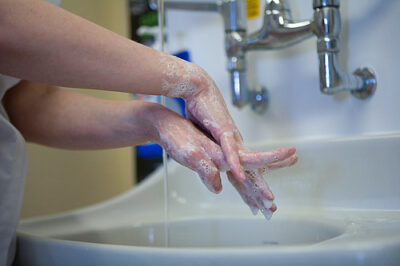






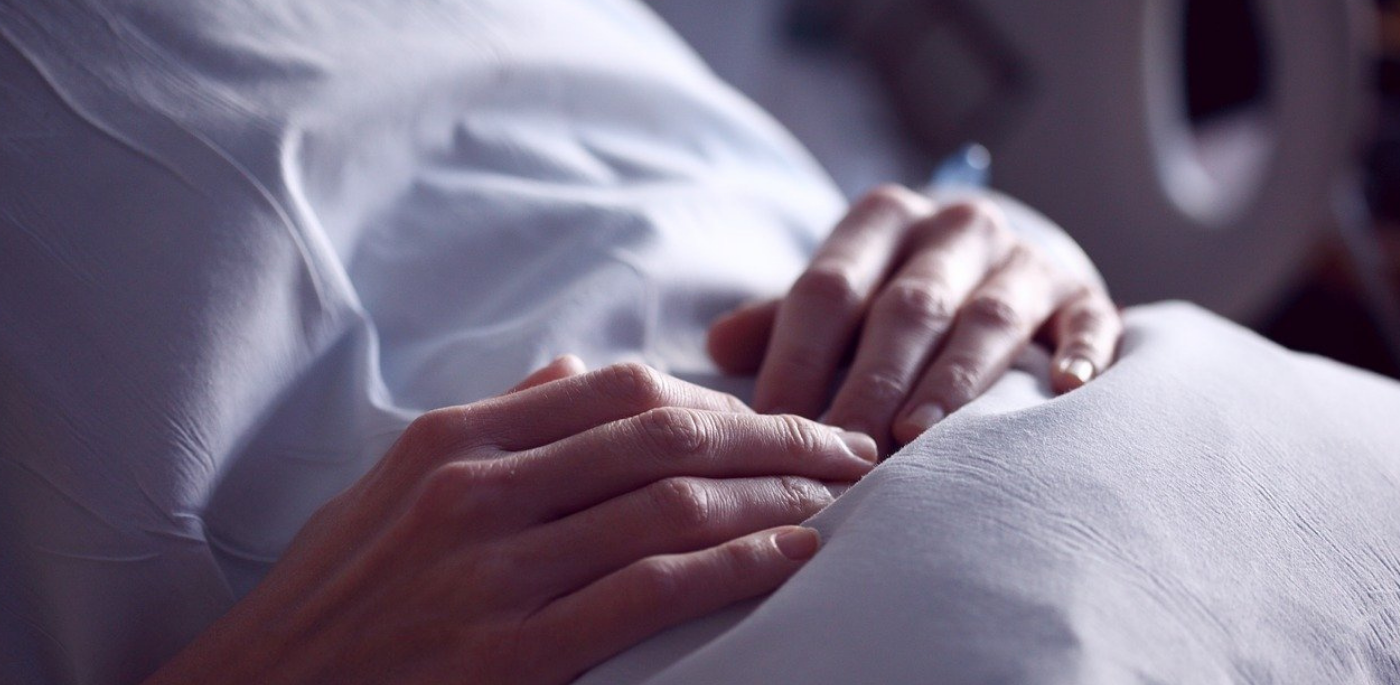
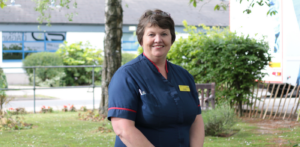
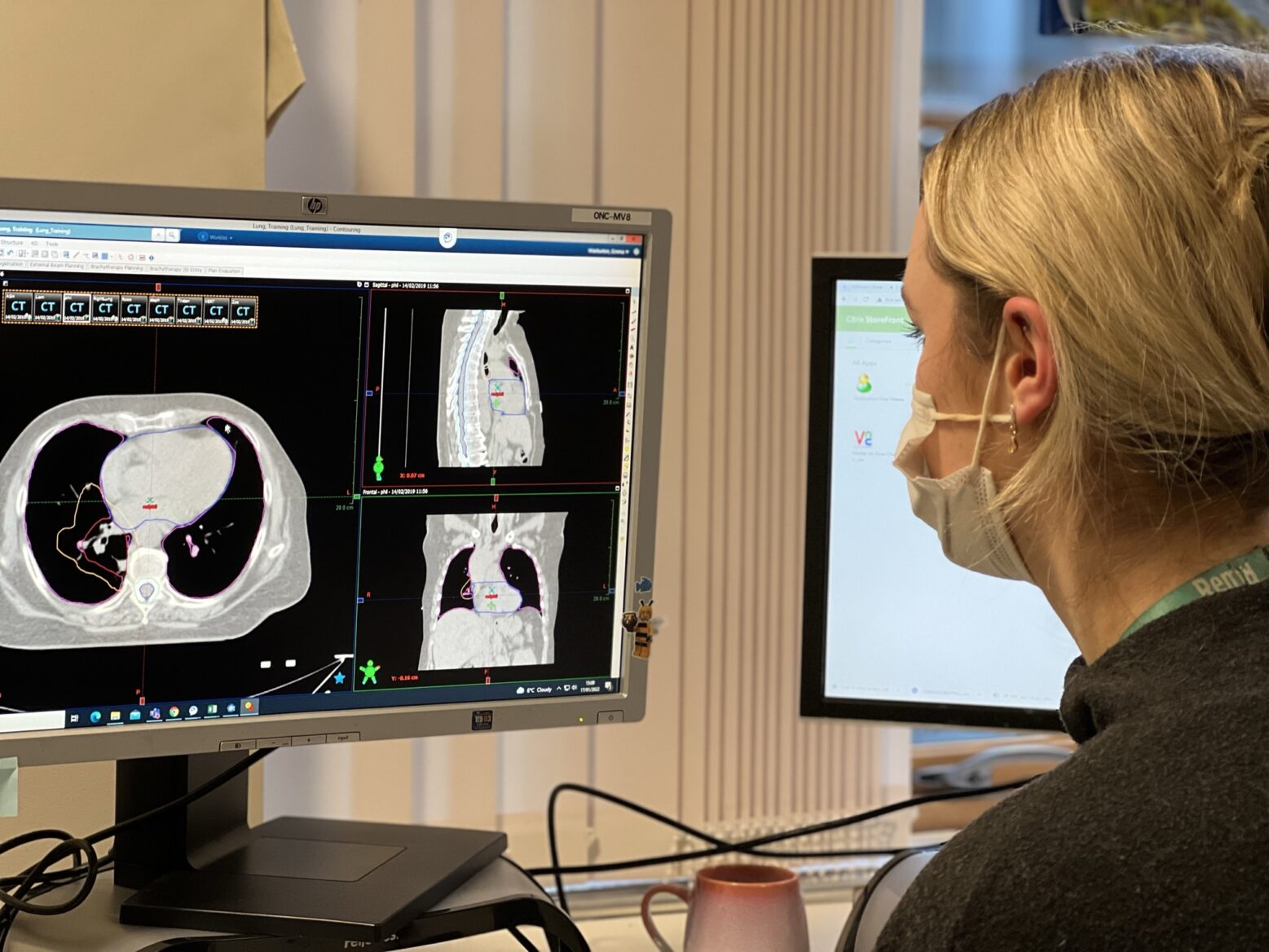
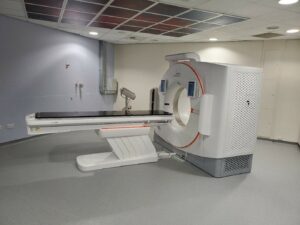 Three apprentices recruited to the project will join the Medical Physics teams on competitive salaries in September and will study for their three-year BSc (Hons) courses at the University of West of England (Bristol).
Three apprentices recruited to the project will join the Medical Physics teams on competitive salaries in September and will study for their three-year BSc (Hons) courses at the University of West of England (Bristol).